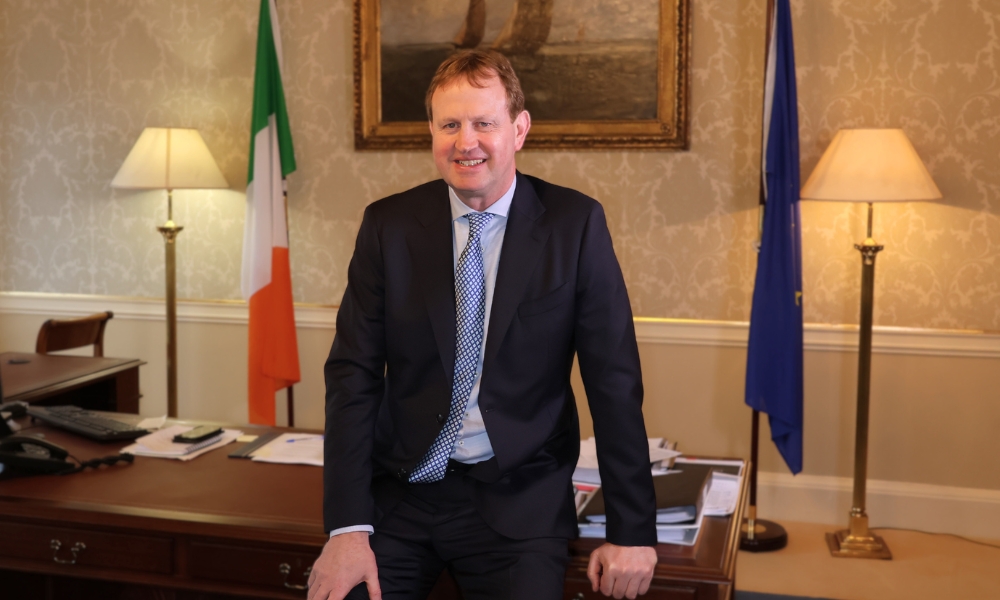Pre-trial disclosure hearings to be required in all sexual assault trials

Complainants in sexual assault cases will no longer be able to waive their right to a pre-trial disclosure hearing under reforms proposed by the government.
The general scheme of the Criminal Law and Civil Law (Miscellaneous Provisions) Bill 2025 sets out proposals aimed at ensuring that counselling records are only released where the court decides that they contain material relevant to legal proceedings.
In a joint statement, Dublin Rape Crisis Centre (DRCC) and One in Four said they “cautiously welcome” the proposed changes but have concerns about the scope of the protections and the risk of trial delays.
“I am fully aware of the distress and re-victimisation that disclosure of counselling records can have on complainants in sexual assault trials,” justice minister Jim O’Callaghan said yesterday.
“The law in this area was substantially reformed in 2017 by introducing a new process whereby the court would decide at a pre-trial disclosure hearing if counselling notes are materially relevant and should be released to the defence. This has not operated as intended.
“I am therefore proposing to amend the existing legislation by requiring that a disclosure hearing takes place in all cases and removing the provision that allows for this step to be waived.”
He added: “Complainants have expressed how they have felt compelled to waive the disclosure hearing because they don’t want to risk a successful prosecution or delay a trial, therefore their records are routinely being released.
“This amendment will ensure that the original intention of the legislation will apply.
“However, I am continuing to look at how we might further limit release of these records as I recognise that disclosure hearings can be extremely difficult for complainants.”
The general scheme also proposes to add two offences to the schedule of the Bail Act 1997 to better protect victims of coercive control and forced marriage.
It would allow a court to refuse an application for bail made by a person charged with coercive control or forced marriage if it considers it necessary to prevent that person committing a serious offence.
Rachel Morrogh, CEO of Dublin Rape Crisis Centre, said: “We cautiously welcome the proposed legislation that is intended to limit defendants’ access to counselling notes in sexual offence trials. This is a step towards strengthening the privacy rights of victims and survivors, but we are warning that safeguards against additional delays to trials are absolutely critical to underpin this legislation.
“We are concerned that the already small number of survivors who decide to report a sexual assault could be further reduced if lengthier delays dissuade them from seeking justice, or conversely, that those who want to see their abuser prosecuted before starting counselling may sacrifice their need for healing for longer.”
Deirdre Kenny, CEO of One In Four, said: “We welcome the intention of the legislation, however while counselling notes may be better protected through the proposed change, all other personal records will not fall under the new law. That will mean that survivors’ medical records for instance are not covered by the same safeguards.
“We are asking the minister to consider including all these personal records in the new legislation and ensure there is a proportionate balance between the rights of the accused and the right to privacy of the victim.”










